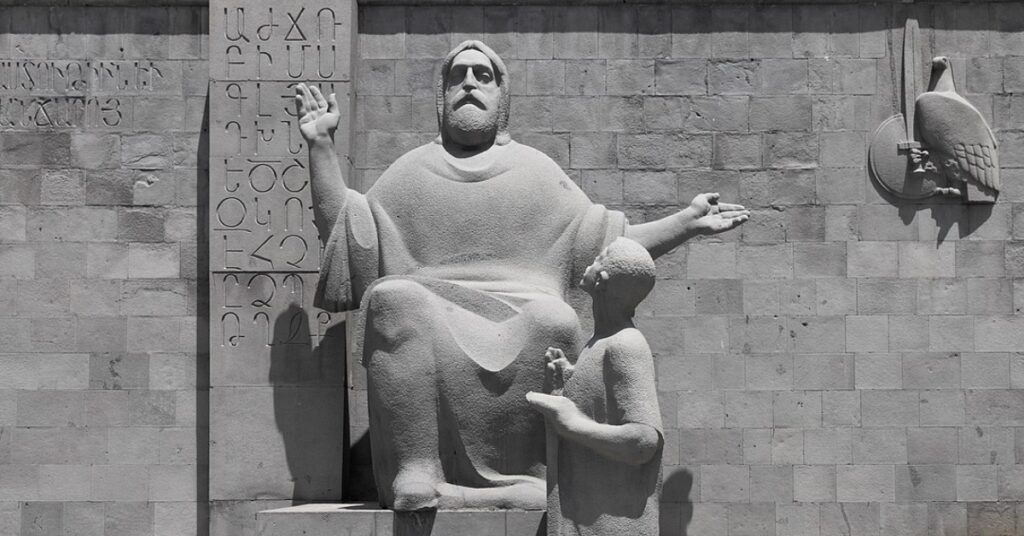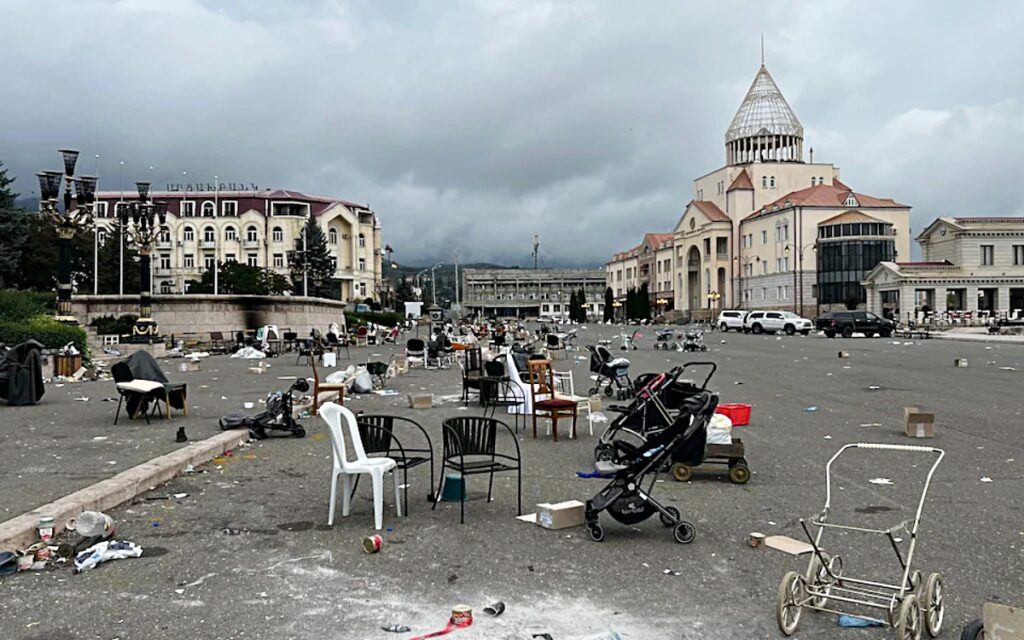In the chaos and horror of the Armenian Genocide, as families were forced from their homes and lives were shattered, many survivors managed to protect what little they could. Among the most treasured were ancient books and handwritten manuscripts — tucked into clothing, hidden in bundles, and smuggled across deserts. These texts weren’t just paper and ink; they were symbols of identity, heritage, and survival.
Today, thousands of those rescued manuscripts are safely housed in Yerevan’s Matenadaran, Armenia’s renowned repository of ancient texts. Others remain in museum archives and private collections around the world. But a groundbreaking new project aims to bring them all — at least virtually — back together.
The Armenian Manuscript Catalogue Access Platform, spearheaded by the Matenadaran, is working to create a centralized, searchable online library of Armenian manuscripts. From ancient Gospels to whimsical medieval cake recipes, the digital platform will make these treasures available to scholars, students, and the public — entirely free of charge.
“This project will present detailed descriptions of Armenian manuscripts in a structured and searchable way,” says Emma Horopian, head of public relations at the Matenadaran. “Our goal is to ensure anyone, anywhere, can access this irreplaceable part of our history.”
The Matenadaran — a monumental building that opened in 1959 — has long stood as a guardian of Armenian intellectual heritage. But convincing every holder of Armenian manuscripts across the globe to send them to Armenia is unlikely. Digitizing them, however, brings a practical and visionary solution.
“Researchers, Armenologists, even amateur historians will be able to search the platform and find what they need in seconds,” says Gurgen Gasparian, one of the project’s contributors.
The database will include thousands of entries, searchable by keywords such as date, content, and physical attributes, and will allow users to download manuscript information freely. The first stage of the platform is expected to launch in early 2026.
The initiative is made possible through funding from a charitable foundation created by Calouste Gulbenkian, the late British-Armenian philanthropist and oil magnate.
As the first nation to officially embrace Christianity, Armenia’s manuscripts hold more than religious value. They are windows into medieval life, artistic expression, linguistics, and cultural exchange across centuries in the Middle East and the Caucasus.
For Armenians around the world — and for all who value the preservation of human history — this project is more than a digital archive. It is a resurrection of memory, a unifying act of cultural resilience, and a gift to future generations.



